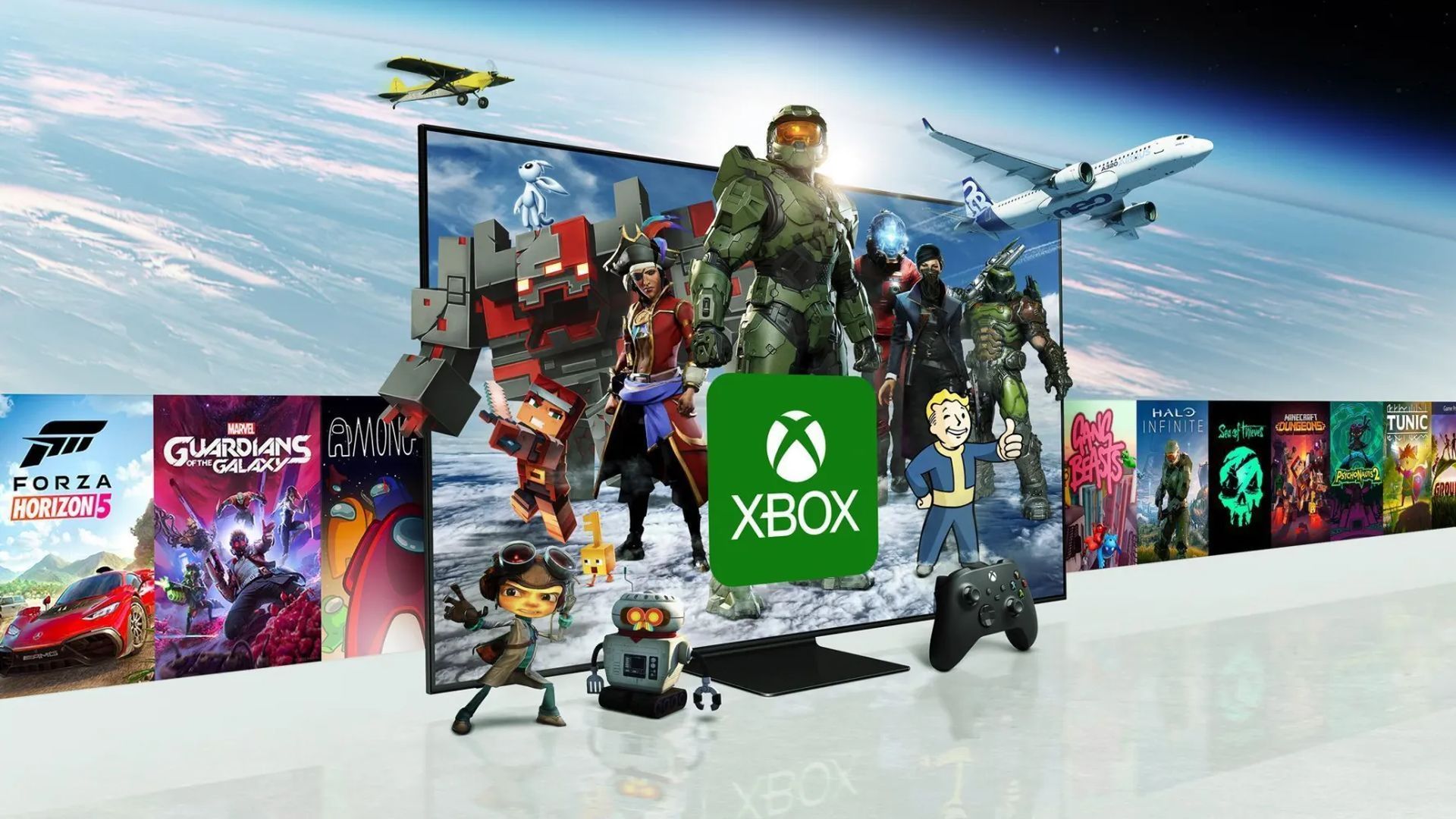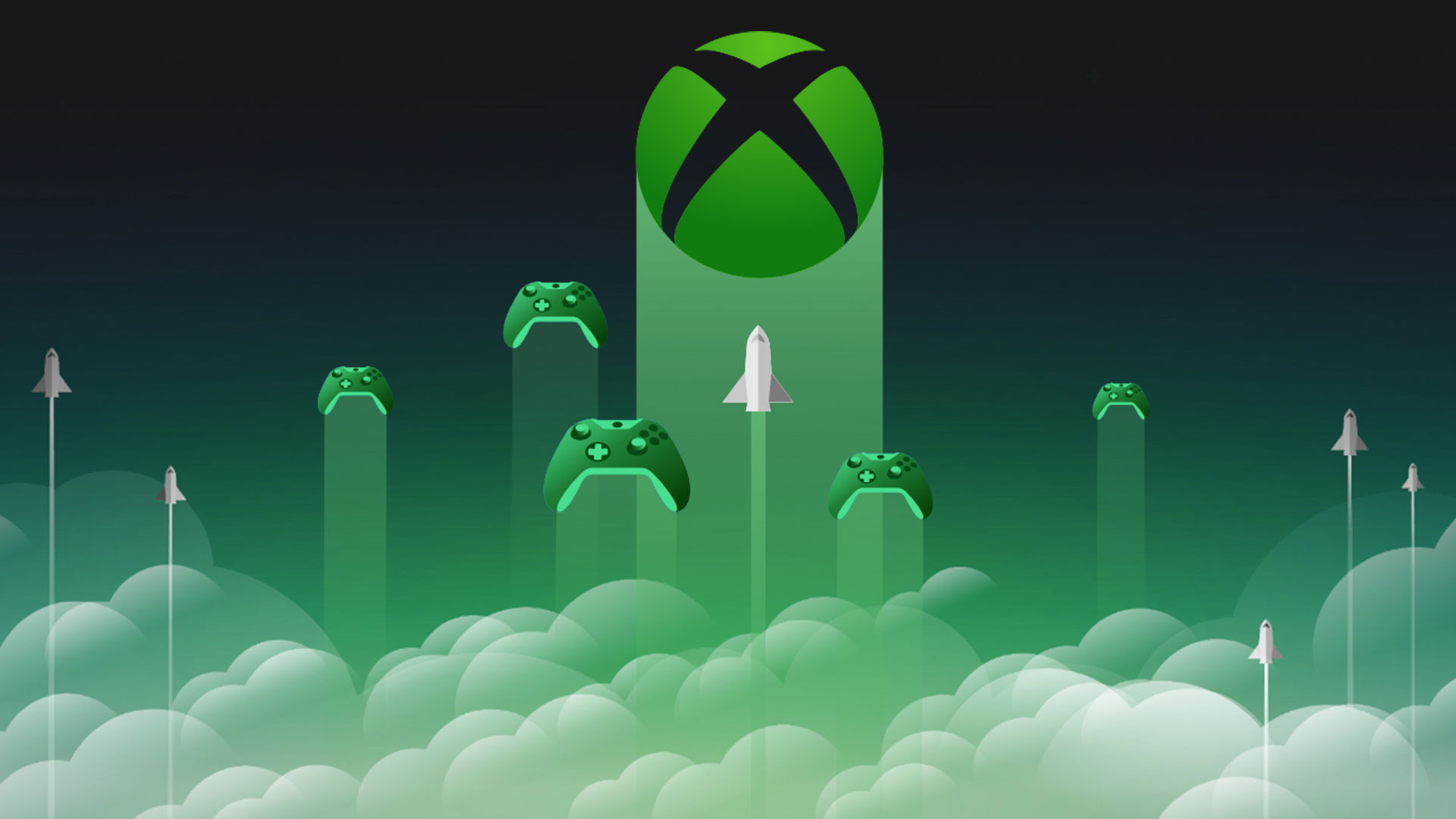
After more than a year, it’s finally official – Kojima Productions is working on an Xbox-exclusive game. More specifically, Hideo Kojima – the creator of the Metal Gear series and director of Death Stranding, known primarily for PlayStation-exclusive (or multi-platform at best) titles – is finally working on an exclusive for Microsoft. Not much is officially known, aside from this new game being cloud-native and something that Kojima has wanted to work on for a long time.
Unofficially, it’s a game in an existing series. Not only that, Microsoft reportedly hired Kim Swift of Portal and Left 4 Dead fame to enable this cloud-native experience from Kojima (while officially leading the charge on the medium as a whole). There’s been much discussion and at least a few petitions on this grand betrayal (the less said, the better). But why is this such a big deal for Microsoft?
From a marketing standpoint, it’s fairly obvious. Love him or hate him, Hideo Kojima is a very recognizable figure in the gaming space and one known for delivering outlandish, unorthodox and madly brilliant experiences. Whether the games sell in the millions or not, garner universal critical acclaim or just a good amount, they generate immediate interest and command attention for an extended period.
As a whole, Kojima Productions is known for its incredible art design, graphical fidelity and stellar presentation. It would already be a big deal if the developer was working on an exclusive for any platform but it’s particularly special since this will be its first Xbox title. That’s a pretty big thing to market, right off the bat.
Furthermore, the studio and its founder are well-renowned in Japan. While I don’t believe that this will result in Xbox finally overtaking PlayStation in the Japanese market after all these decades, it’s something that will attract attention to the brand itself. If it impresses other Japanese studios, then they may be interested in working with Xbox, even if it isn’t strictly a cloud-native title. This will undoubtedly be beneficial for Microsoft but Xbox players also win in the process.
Yakuza: Like a Dragon and Lost Judgment were both released simultaneously for Xbox and PlayStation platforms worldwide – their previous entries were otherwise PlayStation-first titles. It also opened the doors to previous Yakuza titles coming to Xbox and Game Pass after being exclusive on PlayStation for years. Bandai Namco’s Tales franchise was previously relegated to PlayStation, PC and Nintendo platforms (with Tales of Vesperia being the sole exception) but Tales of Arise was released worldwide last year for Xbox along with multiple other platforms. Persona 3 Portable, Persona 4 Golden and Persona 5 Royal are also finally coming to Xbox and Game Pass. Who knows? The next Persona could very well be released on Xbox, PlayStation and even PC simultaneously.
Of course, there is the question of the game itself. We don’t know what it will be and the technology powering it is still under-represented in the industry. Cloud-native games, which use cloud computing to handle aspects like physics, artificial intelligence, lighting and so on, are still in the very early stage. This isn’t to be confused with playing current games from the cloud since they don’t leverage the technology for graphics rendering, input and so on.
On the surface, this sounds great, letting Kojima’s imagination loose without worrying about optimization, hardware limitations (it could very well run on the Xbox One if it’s cloud-native), and what have you. However, logistically, there is a lot to work out, especially when it comes to input delay, bandwidth consumption, cloud infrastructure and dozens of other things.
However, Kojima’s name does eliminate one major hurdle – that of the technology being present but not generating enough interest. If it’s accessible enough – and Microsoft has been doing a good job on that front with Game Pass, cloud gaming on the phone, and browser gaming – then it could be a starting point for other titles to follow.
Theoretically, this may only be possible if the title caters to a wider audience, which isn’t a bad thing. The more people can get into it, then the more popular it becomes. Microsoft no doubt wants this to further push for the development of cloud-native games and presumably monetize the same. Once it’s profitable, other companies may follow in creating their own cloud-native experiences. Just look at Game Pass – its success pushed Sony to create the all-new PlayStation Plus.
This all may sound annoying since Kojima and his studio are known for catering to more “hardcore gaming” sensibilities. But that’s what makes this collaboration so interesting. If Microsoft lets the developer do its thing and create a cloud-native title that masterfully leverages the platform, it can still create a huge impact. The question then becomes whether Kojima can design a game only possible on the cloud – something which can stir discussion at the sheer possibilities of the medium.
It’s a huge gamble, regardless of who’s in charge. The infrastructure to support such a title needs to be built, to say nothing of how long it could take to develop. While Kojima Productions may very well be able to release the title in the next two to three years, a lot is going to come down to Microsoft’s support, timing and whether it can push its cloud-native agenda further. Microsoft’s handling of its own internally developed titles following the acquisition of so many studios may also prove a cause of concern if Kojima isn’t given carte blanche. Again, time will tell.
Of course, the opportunity to work with Kojima and his development team aside, there are other ways that Microsoft could leverage this cloud-native title. Rumors have been circulating for years about a potential cloud-gaming console. In 2021, Microsoft confirmed that it was working on some new hardware that wouldn’t “come to light for years.” It emphasized that the cloud was “key to our hardware” though it wasn’t “slowing down” on its core console engineering.
If a cloud-gaming console were announced in the coming years, then what better way to market it than with a Kojima Productions title? It may even have features exclusive to the platform since it’s unlikely that this doesn’t come to Game Pass or remain accessible to other Xbox hardware. Given Microsoft’s current stance of providing as much accessibility to its gaming library as possible, it’s expected that Kojima’s title follows in that vein.
At the end of the day, even for those who aren’t fans or indifferent to cloud-native gaming, a new Hideo Kojima game is always something to look forward to, like an important event. If nothing else, working with Microsoft expands the studio’s options, providing more flexibility for the projects it can develop (aside from assuring its financial stability). With the challenges faced by the studio in the beginning, including reports of Konami allegedly blocking Kojima Productions employees from obtaining health insurance, the future is certainly looking brighter.
And even if some PlayStation fans may be upset at this “betrayal,” there’s still Death Stranding 2 – which is pretty much confirmed, thanks to actor Norman Reedus – to look forward to. There’s a lot to look forward to for everyone, even if it’s a long wait.

















